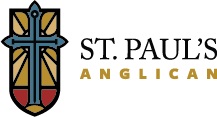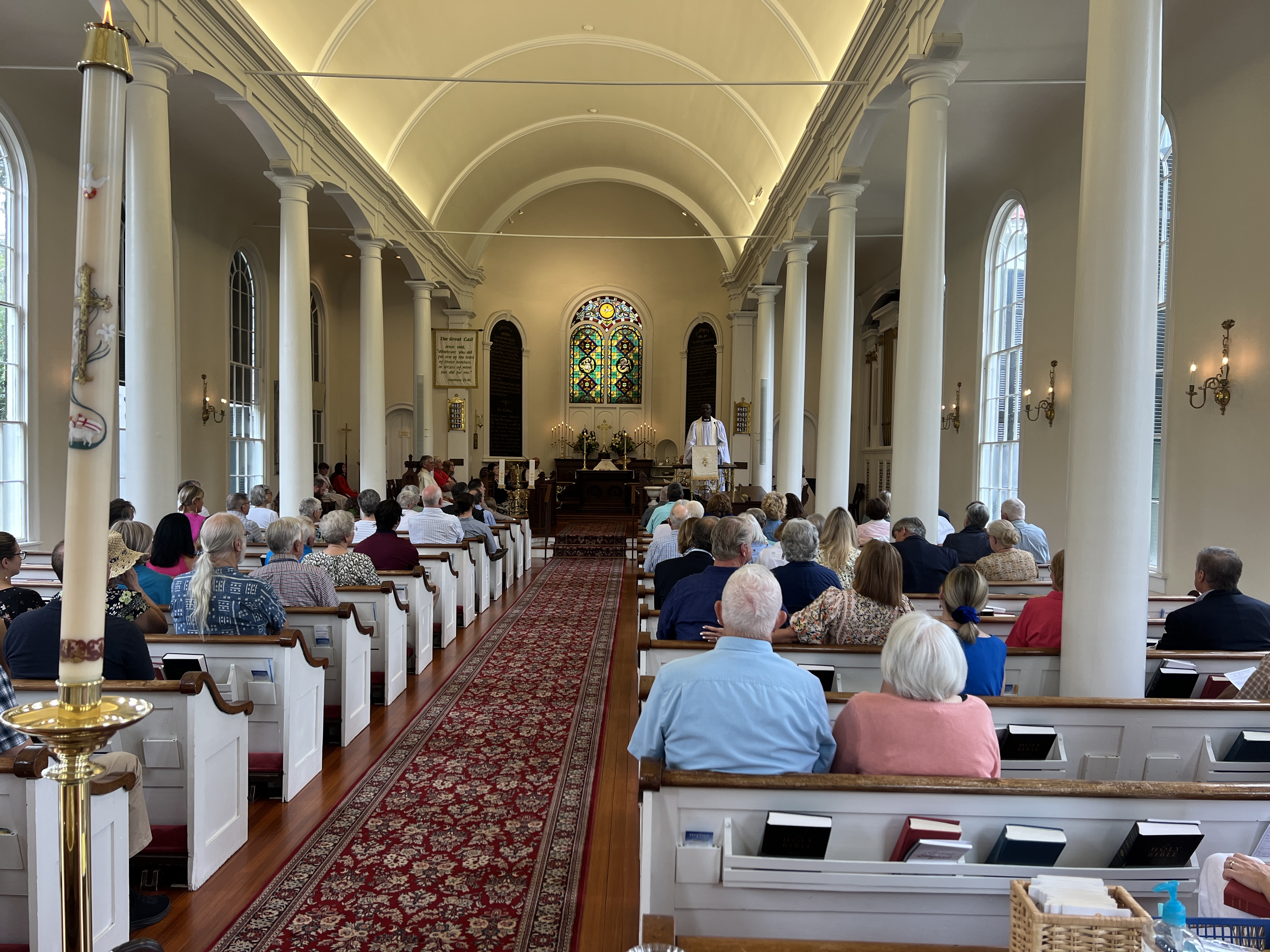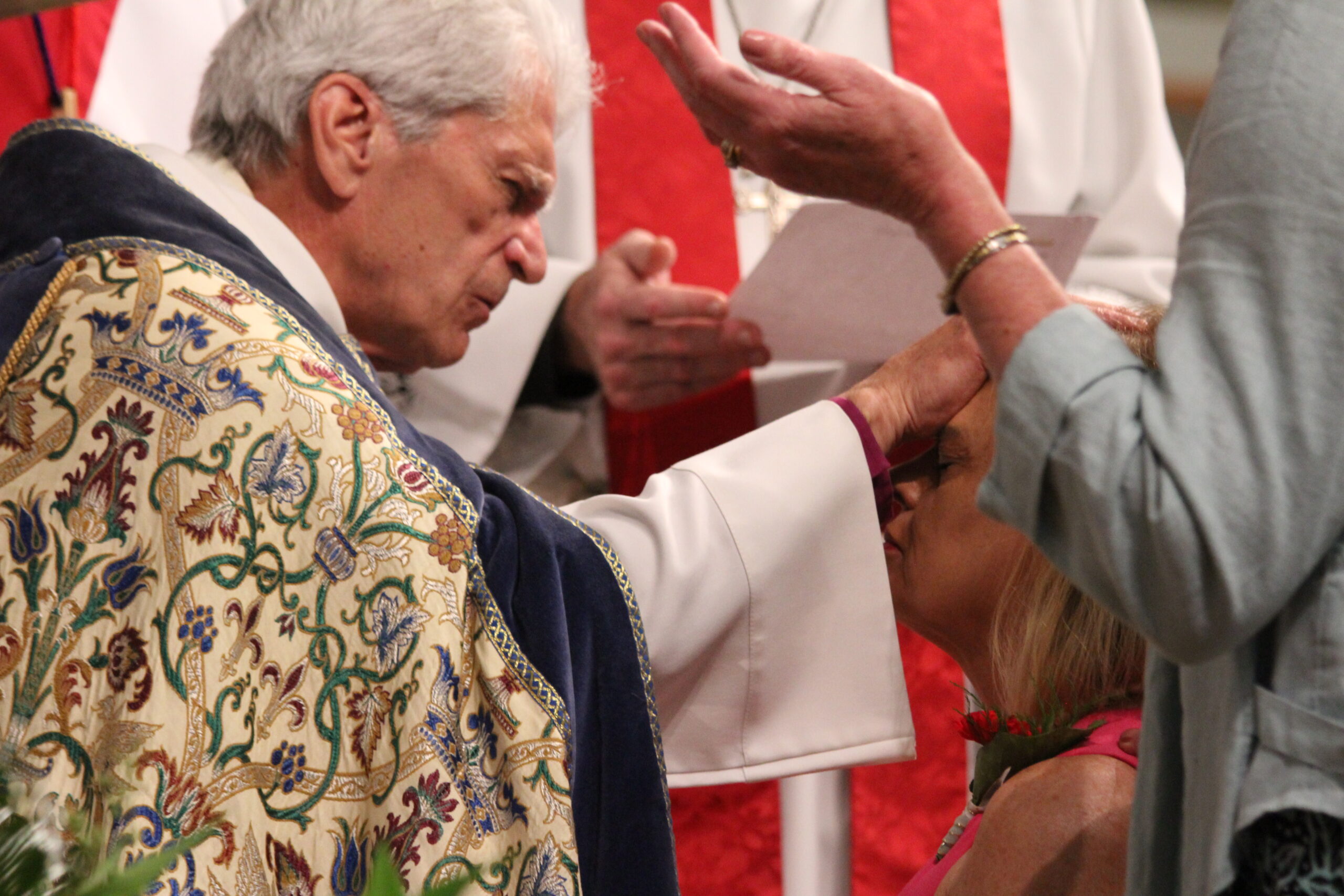What We Believe
Biblically-Minded, Christ-Centered, Holy-Spirit Driven
What Do Anglicans Believe?
Anglicanism is a branch of Christianity, whose historical roots were planted in England, soon after the early Apostles were commissioned by Jesus, and sent out into the world with these words, “Go therefore and make disciples of all nations, baptizing them in the name of the Father and of the Son and of the Holy Spirit (Matthew 28:19).”
Around 597 A.D., the Roman Catholic Church set up an Ecclesiastical Jurisdiction in Canterbury, England and held authority over much of the Church’s life, until the Protestant Reformation in the 16th century. During the Reformation, Anglicanism morphed into a unique expression of the Christian faith, that sought to retain many of its former Roman Catholic trappings (such as Bishops, Vestments, Altars and Sacraments), while thoroughly reforming the Church’s theology back to biblical standards for teaching, preaching and the prayers (see The Book of Common Prayer).
In the following centuries, as the British Empire spread throughout the world, the Church was carried along with it. Today, the Anglican Church is made up of approximately 80 million people worldwide (the largest number of whom come from the continents of Africa and Asia). These Anglicans scattered across the globe, have grown to appreciate the unique blend of Catholic worship, and Protestant theology. At St. Paul’s, we are members of the Anglican Church in North America, and the historic Anglican Diocese of South Carolina.
Our Doctrine
Perhaps this formula set forth by Lancelot Andrewes, will help you understand the general boundaries of our faith as members of the one, holy, catholic, and apostolic Church. The formula is a simple as counting 1…2…3…4…5.
“One Canon”
We affirm that the Canon of Holy Scripture is central to our Rule of Faith, standing as the ultimate norm of belief and practice. We affirm the Bible to be the authoritative and inspired (II Timothy 3:16-17) word of God and as “containing all things necessary to salvation.” Hence, we test all things by God’s word written.
“Two Testaments”
We affirm the 39 canonical books of the Old Testament and the 27 books of the New Testament to be the limits of biblical inspiration. The received books of the “Apocrypha,” while useful for instruction, are in no way afforded the same status as the inspired books of the Old and New Testaments. The Church may read them “for an example of life and instruction of manners,” yet they are not used or applied to establish binding doctrine (cf. Article VI of the 39 Articles of Religion of the Church of England).
We also affirm Two Sacraments as ordained by Christ Himself – Baptism and the Supper of the Lord – ministered with unfailing use of Christ’s words of Institution, and of the elements ordained by Him (cf. Chicago-Lambeth Quadrilateral of 1886/1888).
“Three Creeds”
We affirm (1) the Apostles’ Creed, as our Baptismal symbol; (2) the Nicene Creed, as the sufficient statement of the Christian Faith; and (3) the creed known in the West as the “Creed of Saint Athanasius”, as affirming the mysteries of the Triune God and the personal union of two natures in our Divine Lord and Savior Jesus Christ.
“Four Councils”
We affirm the dogmatic definitions of the first four ecumenical councils of the undivided Church – (1) Nicaea, A.D. 325, (2) Constantinople, A.D. 381, (3) Ephesus, A.D. 431, and (4) Chalcedon, A.D. 451 – as representing the true mind of the church in the face of heresy and controversy, and the consensus of the faithful as led by the Spirit of God into all truth.
“Five Centuries”
We affirm the witness of the Spirit of God during the formative period of the Church, otherwise known as the Patristic era, contained primarily in the writings and testimonies of the great Fathers of the first five centuries (roughly from the Apostles to Gregory the Great). This witness continues to inform our faith and practice, especially in the areas of polity, worship, and evangelical mission.
For more in-depth reading on our church’s theology, visit “To Be a Christian: An Anglican Catechism and the 39 Articles of Religion.”
For still more on Anglicanism, check out these great resources:
Our Anglican Heritage by John Howe
The Thirty-Nine Articles: Their Place and Use Today by J.I. Packer
Principles of Theology: An Introduction to the 39 Articles by W.H. Griffith Thomas










